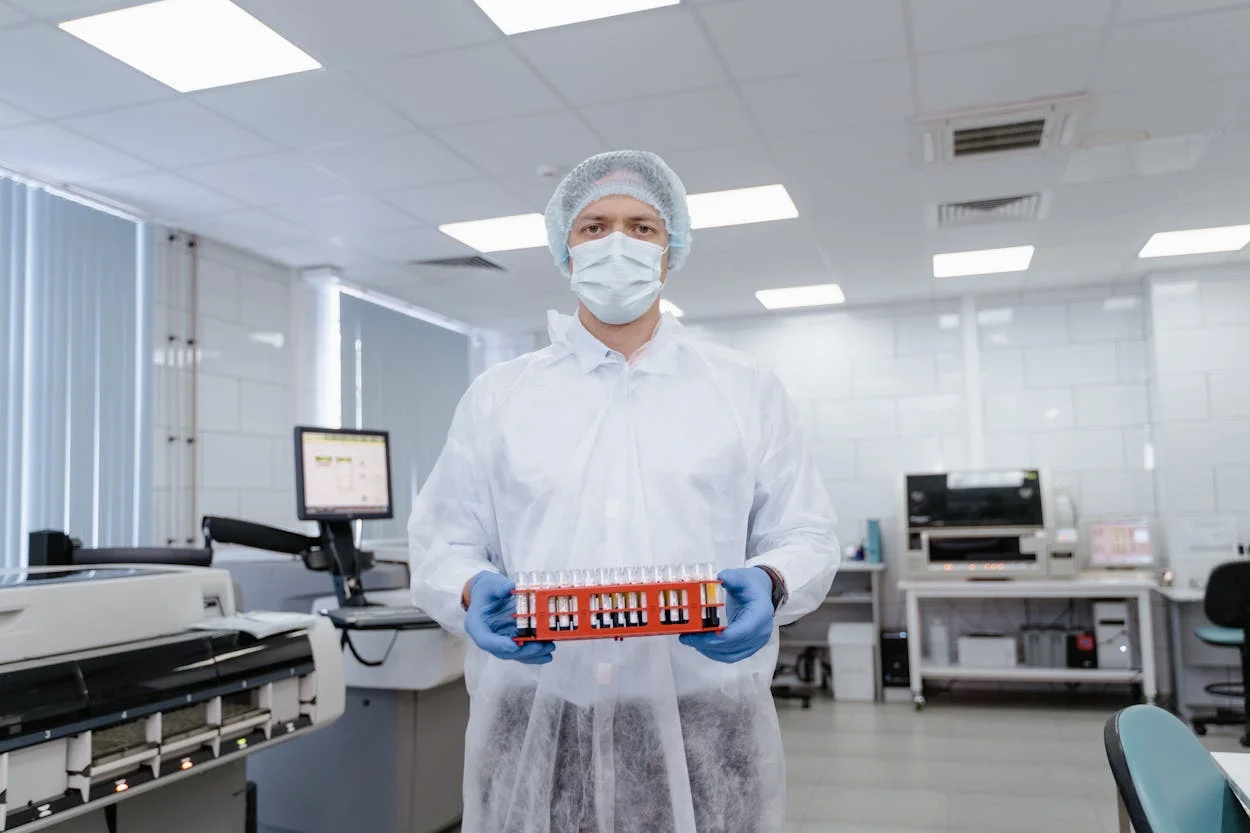
Jackson Egen discovered the significance of fundamental lab research during his graduate studies at UC Berkeley in the 1990s, working under the guidance of esteemed immunologist James Allison.
“Jim emphasized that more effective cancer immunotherapies could arise from a deep understanding of the immune system,” Jackson recalls. Now serving as Vice President of Research Oncology at Gilead, Jackson continues to build on this principle.
James Allison not only mentored future scientists but also received the 2018 Nobel Prize in Physiology or Medicine for his groundbreaking work on stimulating the immune system to attack cancer cells.
“Since those early days, I’ve been focused on ways to harness the immune system to fight cancer,” says Jackson, noting that this concept is central to Gilead’s immuno-oncology strategy. His team is working to both activate the immune system to detect and destroy tumors and to explore new methods for inducing cancer cells to self-destruct. They are also investigating how to alter the tumor microenvironment that supports cancer growth—all with the goal of reducing the side effects of cancer therapies.
“We know how to stop cancer cells from dividing, and we know how to prompt immune cells to kill tumors. The challenge is doing this without harming healthy cells and tissues,” explains Jackson. “That’s the biggest hurdle right now, but Gilead has the expertise and ambition to create therapies that are both effective and minimize toxicity.”
Jackson joined Gilead in 2021, drawn by the company’s renowned success in developing treatments for viral diseases. “Gilead’s impact on virology drug development is legendary. When the opportunity arose to expand the Research Oncology group, I couldn’t pass up the chance to apply Gilead’s focus on transformational medicine to oncology.”
Now, as a leader at Gilead, Jackson passes on the lessons he learned from his mentor. “Everything we do starts with a strong foundation in science,” he explains. “Our direction is guided by the data our scientists produce every day.”
His experience as a postdoctoral researcher at the National Institutes of Health taught him the value of collaboration. Surrounded by leading scientists from various fields, Jackson learned the importance of building partnerships and working within larger teams. This lesson now shapes his approach at Gilead, where he fosters strong internal collaboration and external research partnerships. He encourages his team at all levels to contribute to the company’s strategy, believing that great ideas can come from anywhere within the organization.
“I love that my colleagues, regardless of their department or title, are encouraged to propose ideas for new therapies,” Jackson says. “It’s this collaborative spirit that sets Gilead apart.”
Looking to the future, Jackson is excited about Gilead’s role in shaping cancer care. “In recent decades, we’ve made significant progress toward making cancer a chronic, or even curable, disease in some cases. I’m optimistic that the pace of discovery will accelerate, and that Gilead and Kite will continue to play a vital role in bringing new, life-saving treatments to cancer patients.





